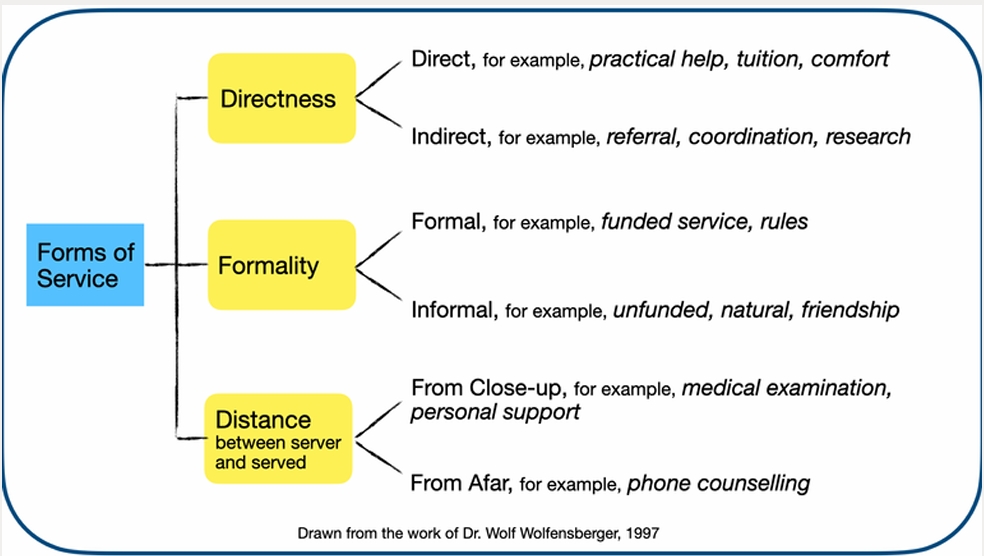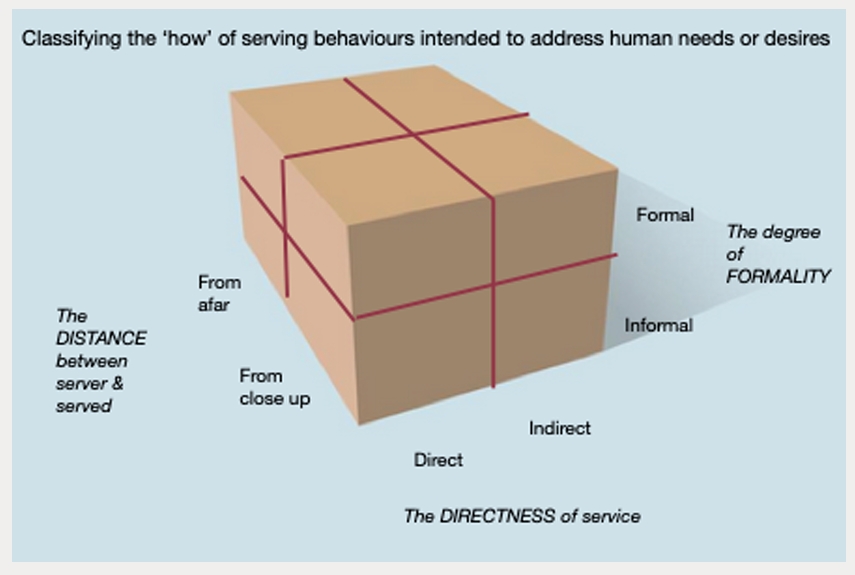Navigating the school system as a parent can be challenging at the best of times however for a parent of a child with disability this can be even harder. Ensuring they get access to a good well-rounded education requires a collaborative effort from educators, administrators, parents, and other professionals involved in the child’s education. By providing appropriate settings, specialized services, and fostering an inclusive environment, we can create an empowering and enriching mainstream educational experience for children with disabilities.
Here are some tips for parents
Understand your child’s rights within the Australian education system: Familiarize yourself with relevant legislation and policies, such as the Disability Discrimination Act (DDA) and the Disability Standards for Education. These laws protect the rights of students with disabilities and ensure their access to inclusive education.
Connect with support organizations: Reach out to local organizations such as the Australian Federation of Disability Organizations (AFDO), state-based disability advocacy organizations, or parent support groups. They can provide valuable information, resources, and support tailored to the Australian context.
Collaborate with the school’s support team: Establish open and regular communication with your child’s teachers, the school’s special education coordinator, and any other professionals involved in your child’s education. Share information about your child’s needs, progress, and any concerns, and work together to develop appropriate strategies and accommodations.
Develop an Individual Education Plan (IEP): Collaborate with the school’s special education team to create an IEP that outlines your child’s individual learning goals, accommodations, and support services required. The IEP should align with the guidelines provided by the relevant state or territory education department.
Engage in the school community: Participate in parent-teacher meetings, school events, and parent forums to connect with other families and gain a better understanding of the school’s inclusive practices. Building relationships with other parents and educators can foster a supportive network.
Advocate for inclusive practices: Be proactive in advocating for inclusive education practices within the school. Work collaboratively with the school administration and other parents to promote awareness, understanding, and acceptance of children with disabilities.
Support your child’s self-advocacy skills: Encourage your child to develop self-advocacy skills by teaching them to express their needs, communicate with teachers and peers, and actively participate in their educational journey. Help them understand their rights and encourage them to speak up for themselves.
Seek professional guidance when needed: If you encounter challenges or have concerns about your child’s education, seek guidance from professionals such as disability advocates, educational psychologists, or therapists. They can provide expert advice and support to ensure your child’s needs are met.
Take care of yourself: Parenting a child with a disability can be emotionally and physically demanding. Prioritize self-care, seek support from friends, family, and relevant support services. Taking care of your well-being will help you advocate effectively for your child and navigate the educational journey more successfully.
Remember, these points should be adapted to the specific Australian state or territory you reside in, as education policies and support systems may vary. Stay informed, be an active participant, and celebrate your child’s achievements as they progress through their educational journey.
How does the National Disability Insurance Scheme (NDIS) intersect with the Department of Education
The Department of Education is the Government body responsible for ensuring equitable access to schooling for all Australians. It is their responsibility to provide inclusive environments, adequate academic and curriculum support and student wellbeing while in attendance at school. Given this responsibility it is rare to see educational supports being provided by the NDIS for school age children. There may be some funding available to purchase Assistive Technology and in unique circumstances transport however you will need to discuss this with your LAC/planner at review time and/or with your LAC/Support Coordinator.




